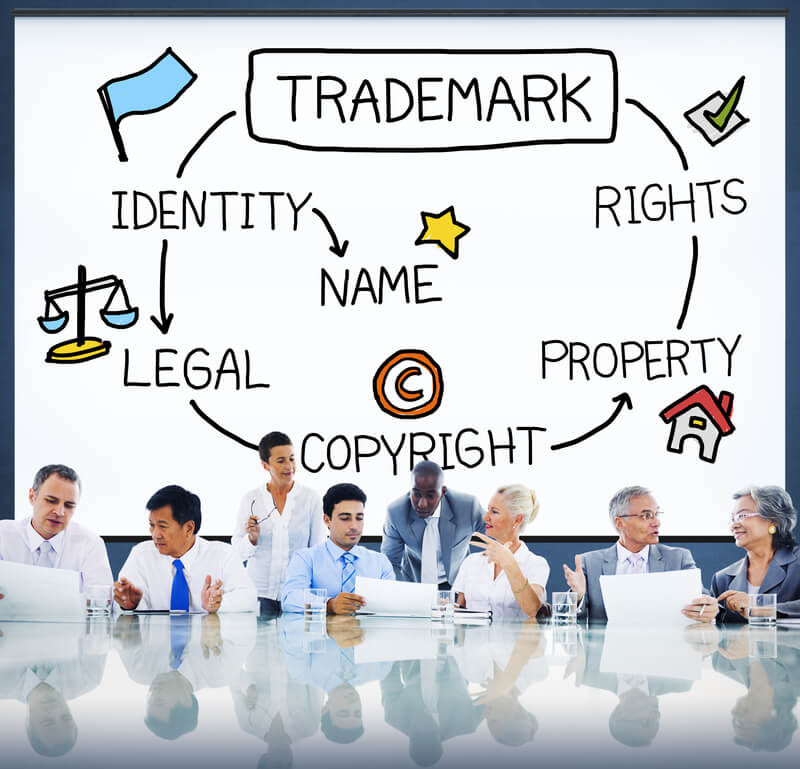Are you confused about who owns the rights to creative property? Do you possibly have concerns about fair use or overstepping a design?
This article offers a quick overview of determining ownership over works made for hire. Additionally, we will explore the potential benefits and pitfalls for all parties involved.
Identifying the next steps in your legal journey starts with knowledge and professional guidance. Do not miss this opportunity to untangle the web and find a path forward!
What is Copyright Ownership?
Copyright is a legal concept that grants creators of original works exclusive rights. It is a form of intellectual property protection that safeguards creative expressions. The primary purpose is to reward creators for their efforts by giving them control over their creations. Copyright protection extends to many works, including books, songs, paintings, movies, and computer software.
An individual or entity that holds a copyright possesses a bundle of exclusive rights. These entitlements typically include the following
- The right to make copies or duplicates of the original creation
- The right to decide how it distributes to the public through various channels
- The right to publicly display or perform the work
- The right to create derivative works, such as adaptations, translations, or remixes
The duration of copyright can vary depending on several factors, such as the type of work. In the United States, the term is the author’s life plus several decades after their death. There can be lots of gray areas with fair use and copyrights in this time. After the expiration of the copyright term, the work enters the public domain. Then, others can freely use and reproduce the creation.
How to Determine Copyright Ownership
Copyright ownership automatically goes to the creator or author. This principle recognizes and rewards creative investment. However, there are exceptions to this general rule. The most significant one is “works made for hire.”
According to copyright law, a work created by an employee belongs to their employer. Creators and employers must know these exceptions to ensure appropriate copyright ownership arrangements. Otherwise, you will quickly have disputes or misunderstandings regarding the rights to a particular work.
Implications for Creators, Employers, and Commissioners
Creators often lose their right to copyright to their employer or by completing commissioned work. As a result, they may not have control over how their work gets exploited commercially. However, there can be potential benefits. You may enjoy the stability of being an employee, such as a regular salary, benefits, and company resources. Moreover, commissioned works provide the opportunity for exposure and recognition.
This topic is also fundamental for employers and commissioners. Employers need to be aware of the scope of their employees’ duties and responsibilities. Control over how to distribute these works is advantageous for any organization. Therefore, it is an employer’s responsibility to define and communicate their expectations to avoid confusion. The same principle applies to those who commission art, writing, and other creative endeavors.
Both creators and employers/commissioners can benefit from seeking legal advice. Intellectual property professionals can help creators negotiate fair terms. This is important because there is power in a brand identity or name. Additionally, they can ensure each party acts in compliance with copyright laws. It is crucial for all parties involved to have a clear understanding to foster a mutually beneficial relationship.
Strategies for Navigating Works Made for Hire
Clear contracts play a vital role in navigating copyright ownership. It is crucial to have a well-drafted document that clearly outlines the terms and conditions. The contract should specify whether the work falls under the works made-for-hire and who will own the content. Additionally, it should address any specific rights and limitations regarding the use, distribution, and modification.
An intellectual property lawyer can review contracts, offer insights into relevant laws, and provide personalized advice. Legal professionals can help you understand the terms, negotiate, and help you meet the legal requirements.
It is necessary to have open discussions about copyright ownership and clearly express expectations and concerns. This effort allows for a better understanding of each party’s interests. As a result, you can reach mutually beneficial agreements.
Fair compensation is another aspect to consider. Creators should receive fair compensation for their work through a salary, royalties, or commission fees. Employers and commissioners should recognize the value and ensure that the compensation is commensurate with the contribution.
Schedule a Consultation with a Local Copyright Attorney
Consult a local copyright lawyer if you have copyright ownership or works made-for-hire issues. They can provide expert guidance tailored to your specific circumstances. Don’t hesitate to reach out and ask for a referral to someone who can assist you in resolving IP-related concerns.
Remember, the world of copyright ownership can be intricate. Seeking professional advice is an investment in safeguarding your creative endeavors or business interests. Ask us for legal help through our website or call our representatives 24/7 at (866) 345-6784!

